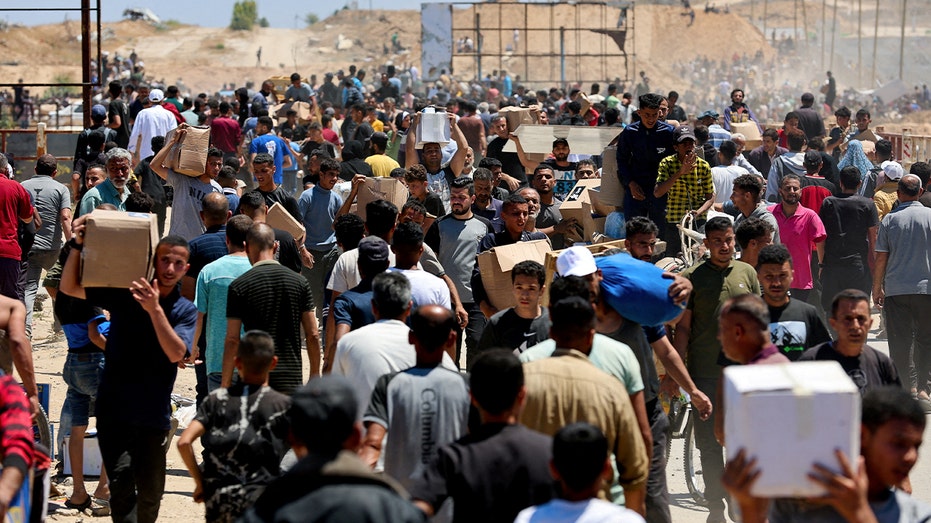US-Backed Gaza Aid Organization Suspends Food Distribution Amid Escalating Violence
Gaza Humanitarian Foundation suspends aid distribution to bolster security amid urgent Palestinian needs

The Gaza Humanitarian Foundation (GHF) has announced a one-day suspension of its aid distribution activities, citing the urgent need to strengthen security measures at its delivery sites. The temporary halt is intended not only to bolster protection for both aid recipients and staff, but also to allow time for the development of improved crowd management strategies as increasingly large groups gather in desperate search of food and supplies.
This pause comes at a particularly volatile moment, following several recent incidents in which Israel Defense Forces (IDF) reportedly opened fire on Palestinians seeking humanitarian assistance. According to the IDF, troops fired warning shots after individuals attempting to access aid strayed from a pre-approved route near military perimeters. The situation escalated as these warnings reportedly went unheeded, prompting live fire that resulted in multiple casualties over three consecutive days.
The IDF maintains that its actions were necessary to maintain security, but conflicting accounts have emerged. Local health authorities in Gaza, overseen by Hamas, claim that at least 31 people were killed on Sunday, three on Monday, and 27 on Tuesday. Nearly 200 others are reported wounded, further inflaming tensions and intensifying global scrutiny of how aid is being delivered amid ongoing conflict.
In a statement, a GHF spokesperson emphasized the organization’s commitment to civilian safety: "GHF is actively engaged in discussions with the IDF to enhance its security measures beyond the immediate perimeter of GHF sites." The foundation is urging the Israeli military to implement clearer guidance for safe passage, refine training procedures, and help develop strategies to reduce confusion and escalation risks as civilians attempt to access lifesaving supplies.
"Our top priority remains ensuring the safety and dignity of civilians receiving aid," the spokesperson stressed, noting that GHF is currently the only operation reliably delivering humanitarian relief within Gaza. The organization faces mounting pressure to adapt as the scale of need grows and circumstances on the ground become more volatile.
While GHF has received backing from the United States and Israel, its operations have drawn criticism from a number of international aid organizations and United Nations officials. They argue that the current approach risks militarizing humanitarian efforts and could inadvertently endanger the very people it seeks to help. The U.N., in particular, has repeatedly called for a comprehensive ceasefire and unobstructed humanitarian access, with a key Security Council vote scheduled for Wednesday.
Israel, however, remains firm in its defense of GHF’s efforts, asserting that its system distributes aid without empowering Hamas, the militant group in control of Gaza. Israeli diplomats warn that international resolutions demanding changes to the aid process threaten to undermine effective distribution, accusing critics of putting political interests ahead of urgent humanitarian needs.
As the humanitarian crisis deepens and debate intensifies over how best to deliver assistance in conflict zones, the residents of Gaza remain caught in the middle—facing daily threats both from violence and from the risk of starvation. The coming days may prove pivotal for the future of aid operations and for the millions depending on them for survival.




